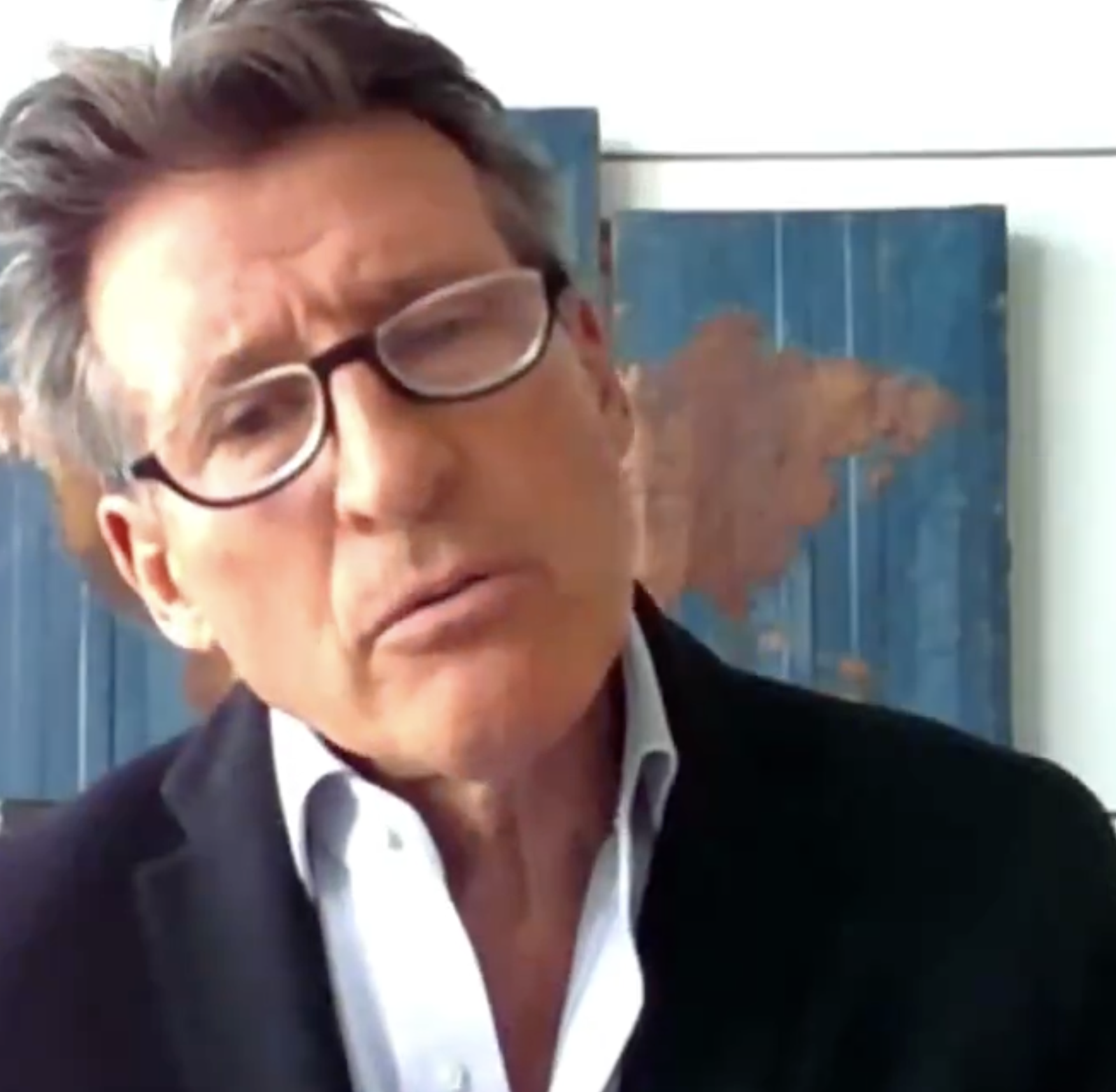Most everyone knows there are nine movies in the core Star Wars canon. Then there is the 2016 prequel Rogue One, arguably the best in the anthology. It’s about a band at the outskirts of the galaxy in confrontation with the Empire.
This brings us to the situation involving the World Olympians Association and the International Olympic Committee.
Nominally, this situation would appear to be about money. There is a compelling argument, however, that it marks a set piece about the state of the IOC under the presidency of Thomas Bach even as it points to urgent consideration of a different direction the IOC might well consider under a new president — he or she will be elected in March.










